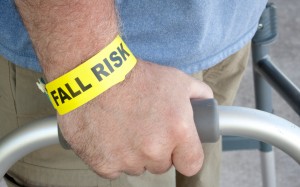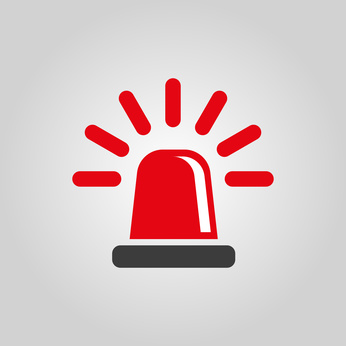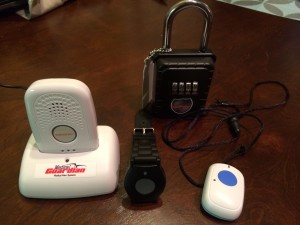Seniors and Balance Problems
The sense of balance can be noticeably affected by aging. Even healthy older adults often find that their balance that is less secure than it was when they were younger. Good balance is important because it helps you control the position of the body, whether you are remaining still or moving. Balance problems are one of the reasons people age 65 and older are more likely to suffer a fall.
What Causes Balance Problems?
Aging is not the only cause of balance problems, although balance disorders are more likely to occur in older people. Various health issues can lead to problems with balance, including:
- Aging
- Infections
- Head injuries
- Medications
- Poor circulation
- High blood pressure
- Menieres’s disease
- Vertigo caused by various health issues
How to Tell if You Have a Balance Problem
Some seniors may have a problem with balance but don’t know it. Ask your doctor to check you for a balance disorder if:
- You feel as though you are moving when you are sitting or standing still;
- You feel unsteady;
- Your vision becomes blurred;
- You feel as though you are falling;
- You feel lightheaded, as though you might faint;
- You feel as though the room is spinning around you;
- You sometimes lose your sense of time, space, and identity and become disoriented; or
- You lose your balance and fall.
Prevention of Balance Problems in Seniors
Balance disorders have different causes. In some cases, you can help manage problem with diet and lifestyle changes.
For example, Meniere’s disease, which causes vertigo and other problems with balance and hearing, is linked to changes in fluid volume in the inner ear. By eating a low-salt diet and avoiding caffeine and alcohol, you can help reduce the severity of the symptoms associated with this condition.
The right kind of exercise can go a long way toward improving balance in seniors. Many seniors benefit from yoga classes, which can help improve strength, flexibility, and balance. Seniors can also do at-home exercises next to a person, chair, or railing to improve their balance.
Finding the Best Medical Alert System for Seniors with Balance Problems
People age 65 and older have a higher risk of falling, particularly when their balance is unsteady. Among seniors, falls are the leading cause of fatal injuries and non-fatal trauma leading to hospitalization.
For older people with balance problems, it is important to have the best medical alert system to suit that senior’s needs. Some medical alert pendants have a fall detection feature that automatically alerts an operator when a fall occurs, in case the injured person is unconscious or otherwise unable to push the button on a medical alert bracelet or pendant.
With advanced medical alert technology today, some systems are available with the option to have a cellular instead of a landline base station and mobile GPS capabilities. In our medical alert comparison, we have outlined features of various leading systems to help you find the best medical alert system to suit your individual needs.




